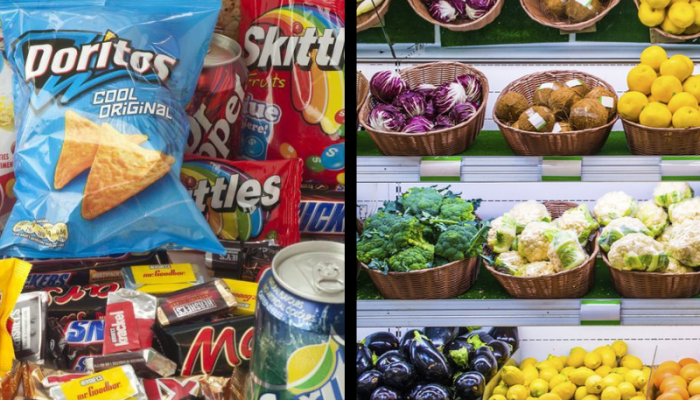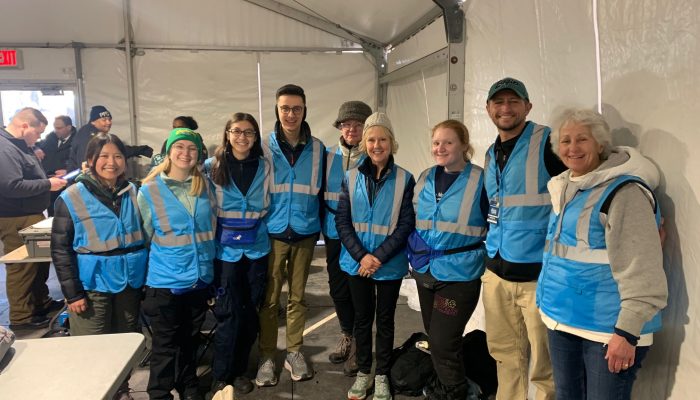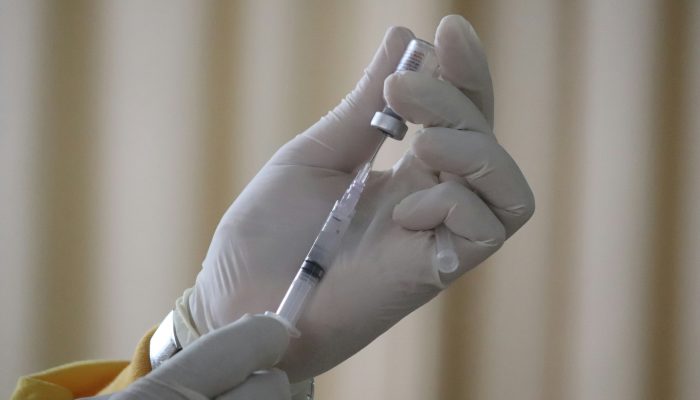Want some fresh corn or a crisp head of lettuce? For people living in one of Philadelphia’s lower-income neighborhoods, these healthy food choices are not so easy to find. Now, for the first time, a report by the Department of Public Health has put hard numbers to the disparities in food access that are well known to many city residents.
The report, Neighborhood Food Retail in Philadelphia, shows that a majority of the city’s food stores sells mostly unhealthy foods that are high in sugar, salt, and fat. Across the city, stores selling mostly unhealthy food outnumber stores with healthier offerings by nearly 10 to one. What’s more, the density of stores selling these unhealthy products goes up as a neighborhood’s income goes down.
Much has been written about “food deserts,” areas that lack access to healthy, affordable foods. The word “deserts” implies that the primary problem is lack of access to food, and that simply adding food stores to such areas would solve their food-related problems. But the report shows that lower-income neighborhoods in Philadelphia suffer more from an over-supply of unhealthy food than a shortage of food. And researchers have found that adding a supermarket to a low-income neighborhood does not, by itself, result in lower rates of obesity and diabetes or in substantial changes to eating habits in the surrounding neighborhood.
The Health Department’s first-of-its-kind analysis demonstrates one potential reason for that finding. The report found that nearly a million Philadelphians have more than 20 stores with low-produce supply (stores that primarily stock unhealthy foods) within walking distance of their homes. That means that for two thirds of city residents, wherever they go in their neighborhoods, they are barraged with marketing for unhealthy products. That marketing takes its toll. Too many children in Philadelphia grow up seeing chips and candy as normal snacks rather than as occasional treats. And adults trying to eat a healthy diet are constantly seeing the same unhealthy snacks they may be trying to avoid, while struggling to find stores with healthy choices in their neighborhoods.
The Health Department’s Get Healthy Philly program is collaborating with partners across the city to support healthier food retail and nonprofit efforts to create a positive food environment for all Philadelphians. Read more about what you can do to help support healthy food retail in your neighborhood in the Neighborhood Food Retail Report.




